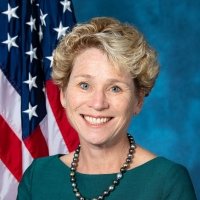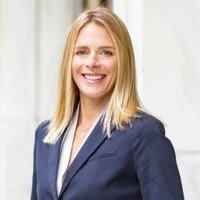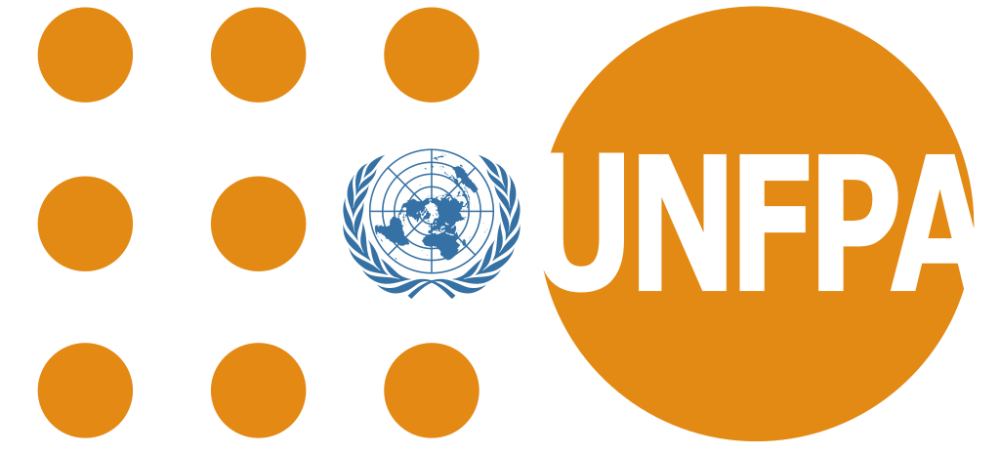U.S. Virtual Launch: 2021 UNFPA State of World Population Report
Selected quotes from speakers:
Representative Chrissy Houlahan
“In the first 100 days of the Biden-Harris administration, we are seeing an important and necessary sea of change in how we talk about and work to address the issues that affect women and girls around the world. This administration’s commitment to UNFPA is clear and persistent, something I know we all on this call are appreciative of.”
“Without bodily autonomy and self-determination, women and girls are subject to virginity tests, to forced marriage, to forced pregnancy, to rape and violence. Their education may end and their employment prospects may diminish, leaving them increasingly dependent on others, potentially unsafe and without hope for a better future for them or for their own children.”
“We must equip women with education, with contraception, and gender-appropriate healthcare. Of course, this burden should not only fall on girls, and we need to work with boys and men to educate them about their roles and responsibilities as well in ending sexual assault and in preventing unplanned pregnancies.”
Jennifer Klein
“The United States recognizes that sexual and reproductive health and rights are fundamental to achieving gender equality, and are an essential aspect of supporting women’s empowerment and better health outcomes.”
“Earlier this month, the president also issued a proclamation recognizing black maternal health week, the first such proclamation in the United States. In it he affirmed that health care is a right, not a privilege. That means that every woman everywhere deserves a high-quality accessible, affordable and comprehensive healthcare. This commitment is a core principle of the Biden-Harris administration and a goal we are working toward at home and abroad.”
“The White House and Gender Policy Council are at the forefront of developing meaningful policies and programs, therefore to prevent and respond to gender-base-violence and to combat sexual harassment, to increase access to comprehensive healthcare, address health disparities and promote sexual and reproductive rights, to increase economic security and opportunity by addressing the structural barriers to women’s participation in the labor force and by decreasing wage and wealth gaps, and above all to supporting women and girl’s human rights.”
Klaus Simoni Pederson
“The bodily autonomy of millions of women and girls around the world are still denied and they’re still denied to make choices about their bodies. We have so much more work to do, and we see many new areas of concern emerge, as we also saw during the COVID pandemic which is still unfolding in many settings, strong growth in gender-based violence, denial of rights across the board.”
“We essentially have three key messages, that we really bring out of the report. First of all, we must end control—Women around the world—again, as I said—are denied the fundamental right to make decisions over their bodies and futures and are controlled by men. This must change.”
“As men, we also need to become champions of gender equality, take equal responsibility for parenting, and learn to communicate about sexual and reproductive health and rights.”
Leidy Londono
“Chat/Text is a digital tool that exists to provide people—young people in particular—with the information and resources that they need in regards to their sexual health. Our protocol is an evidence-informed intervention that ensures that we are answering immediate concerns informing, education, and really empowering people to seek the care that they deserve.”
“My experience as sexual violence advocate and as an educator, the space—whether it’s digital or physical—created for people to seek more information to be validated, to be connected to resources, is invaluable to helping them feel in control and like they have agency and autonomy over their bodies and their choices.”
“We need to call out the structures and institutions that exist to maintain power structures that really hinders people’s ability to truly feel empowered and feel like they have agency over their body and their reproductive choices. So, tools that are centered around accessibility and are people-centered are at the core of the work that we do and advocate for here at Chat/Text and Chatea/Textea.”
Jay Silverman
“Much progress has been made in recent decades regarding the legal rights of women and girls to be free from violence and to be treated not as the property of their fathers and husbands—who have the historical entitlement to control girls’ and womens’ bodies specifically regarding—as has been stated—whether, when, and how often to get pregnant persists in not only lower and middle-income countries, but in many high-income countries.”
“Across the U.S., one in four women and girls going to a facility to seek contraception report experiencing reproductive coercion. In Kenya, recent work found that 40% of women and girls seeking contraceptive methods in clinics report experiencing these forms of coercion.”
“Unsurprisingly, reproductive coercion is consistently and strongly related to unintended pregnancy and sometimes can often be accompanied by other forms of gender-based violence and coercion as all of these behaviors stem from the same pervasive and rarely well-examined entitlement to control the lives and bodies of women and girls.”
Dr. Nahid Toubia
“The reason I’m happy to be part of this is I do believe that talking about body autonomy is the goal that we’ve been searching for. I’m not saying it’s the end of the road, but it’s a big landmark for us.”
“I find it very difficult to explain to many people—educated, or less educated—what all of these words mean. But I assure you that having worked not only in the Middle East and Africa but around the world, both in higher income and lower-income and middle-income countries, bodily autonomy is something people can grasp. It’s profound, it’s deep, but it’s also very simple and very intuitive.”
“There are many young men who are in rural Sudan, not even just in the city, who happen to love other boys. They gather in their own coffee circles, they create their own community for themselves, but they are often raided, beaten by the police, put in prison and this is a form where governments and authorities say they don’t know their bodies.”
Speakers


Moderator

Panelists
Hosted By

Maternal Health Initiative
Housed within the Wilson Center's Environmental Change and Security Program, the Maternal Health Initiative (MHI) leads the Wilson Center’s work on maternal health, global health equity, and gender equality. Read more

